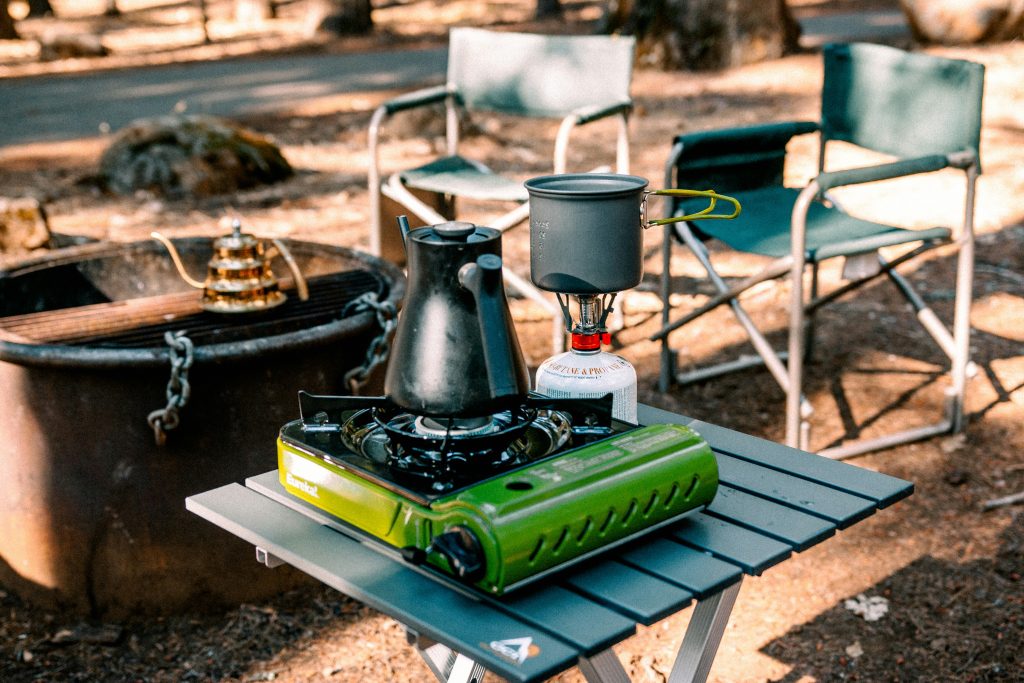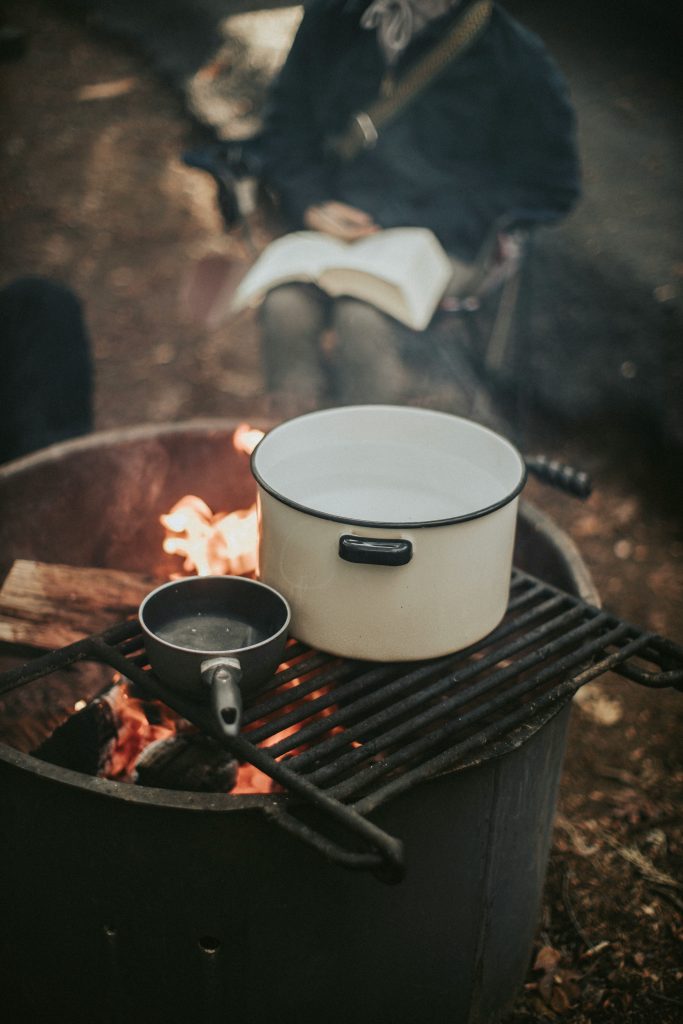Winter camping offers breathtaking landscapes and peaceful solitude, but it also demands reliable gear—especially when it comes to preparing a hot meal or drink. A summer stove simply won’t cut it in freezing temperatures. Your camping stove becomes your kitchen and your morale booster, making it crucial to choose one that performs when the mercury drops.
This guide will help you understand the key features of a dependable winter camp stove and introduces three top-rated options for 2025 to fuel your cold-weather adventures.

What Makes a Stove “Winter-Ready”?
Cold weather poses unique challenges for camp stoves. Standard canister stoves struggle in freezing conditions because the propane/butane fuel mixture loses pressure, resulting in weak flame or complete failure. A true winter-performing stove addresses these issues through specific design and technology, ensuring you can melt snow for water and cook meals efficiently even in sub-zero temperatures.
Key Features to Look for in a Winter Camp Stove
1. Fuel Type and Cold-Weather Performance
Your choice of fuel is the most critical factor for winter camping.
- Liquid Fuel (White Gas): The gold standard for severe cold. Liquid fuel stoves like the MSR WhisperLite Universal use a manual pressurization system and perform reliably in extreme temperatures because the fuel remains easy to vaporize. They are versatile but often require priming and can be louder.
- Isobutane Canisters: Convenient and clean-burning, but performance plummets as the temperature drops. Look for winter-specific fuel blends with a higher isobutane content. To use them in the cold, you must warm the canister by placing it in a bowl of water or keeping it in your jacket before use.
- Integrated Canister Stoves: Systems like the Jetboil MiniMo are highly efficient for boiling water quickly, which is a major advantage in winter. Their design helps insulate the canister, but they still face the same fundamental cold-weather limitations as standard canister stoves.
2. Boil Time and Efficiency
In winter, you burn more calories and need more hot drinks. A fast boil time conserves fuel—a precious commodity when you’re miles from civilization.
- Look for stoves with a boil time of 3 minutes or less for 1 liter of water.
- Efficiency is often measured in grams of fuel used per liter of water boiled. A more efficient stove means you can carry less weight.
3. Stability and Simmer Control
Cooking on a unstable stove in the snow is a recipe for disaster. A wide base and well-designed pot supports are essential for safety.
- Precise Simmer Control: Unlike just boiling water for backpacking, winter cooking often involves preparing actual meals. Excellent flame control allows you to simmer without burning your food.
4. Built-in Igniter vs. Manual Lighter
While a built-in piezo igniter is convenient, it can fail, especially in damp or cold conditions.
- Always carry a backup ignition source, such as a reliable mini lighter or waterproof matches. Do not rely solely on the built-in igniter.

Top 2025 Winter Camping Stove Picks from Amazon
Based on extensive user reviews and technical specifications, here are three excellent stoves tailored for cold-weather performance.
1. MSR WhisperLite Universal Multi-Fuel Stove
A legendary and reliable workhorse for expeditions and severe conditions.
- 👍 Pros:
- Unmatched Cold-Weather Reliability: As a liquid fuel stove, it performs consistently in deep cold, high winds, and at altitude, where canister stoves fail .
- Extremely Fuel Versatile: It can burn white gas, kerosene, diesel, or unleaded gasoline, as well as standard isobutane canisters with an adapter. This is invaluable for international travel .
- Proven Durability: Users report this stove lasting for decades with proper maintenance. Its simple, field-maintainable design is a major plus .
- 👎 Cons:
- Steeper Learning Curve: Requires priming and pumping, which can be tricky for beginners and adds time to setup .
- Heavier and Louder: It is not the lightest or quietest option on the market, making it less ideal for ultralight summer trips .
> > Check the MSR WhisperLite Universal on Amazon
2. Jetboil MiniMo Cooking System
The ultimate all-in-one system for fast, efficient boiling and cooking in a compact package.
- 👍 Pros:
- Incredible Speed and Efficiency: The FluxRing technology delivers a blazing-fast boil time (around 2-2.5 minutes for 0.5L) and uses significantly less fuel than many competitors .
- Excellent Simmer Control: The PreciseFlow regulator offers outstanding flame control for a canister stove, allowing for actual cooking, not just boiling .
- Integrated and Insulated: The insulated cup and cozy keep your food hot, and the entire system packs into a neat, compact unit .
- 👎 Cons:
- Standard Canister Limitations: Despite its efficiency, it still uses isobutane canisters, which require careful management in freezing temps to maintain pressure .
- Pot Size Limitation: The integrated pot is designed for 1-2 people. Cooking for a larger group requires an additional pot and support stand .
> > Check the Jetboil MiniMo on Amazon
3. Soto WindMaster Stove
A lightweight, powerful, and remarkably wind-resistant canister stove that punches above its weight.
- 👍 Pros:
- Superior Wind Resistance: The unique 4-support leg design and regulator technology make it exceptionally stable and effective in windy conditions, a common winter challenge .
- Outstanding Efficiency: Users are consistently impressed with its fuel efficiency and rapid boil times, rivaling much larger stoves .
- Lightweight and Compact: Weighing only a few ounces, it’s a top choice for backpackers who want maximum performance with minimum weight. It also features Soto’s reliable OD-1R micro-regulator for consistent performance .
- 👎 Cons:
- Requires Separate Pot: Unlike the Jetboil, it is a stove-only system, so you must purchase a pot and windscreen separately for optimal performance .
- Canister Performance in Deep Freeze: Like all canister stoves, its performance will decline in extreme cold without actively warming the fuel canister .